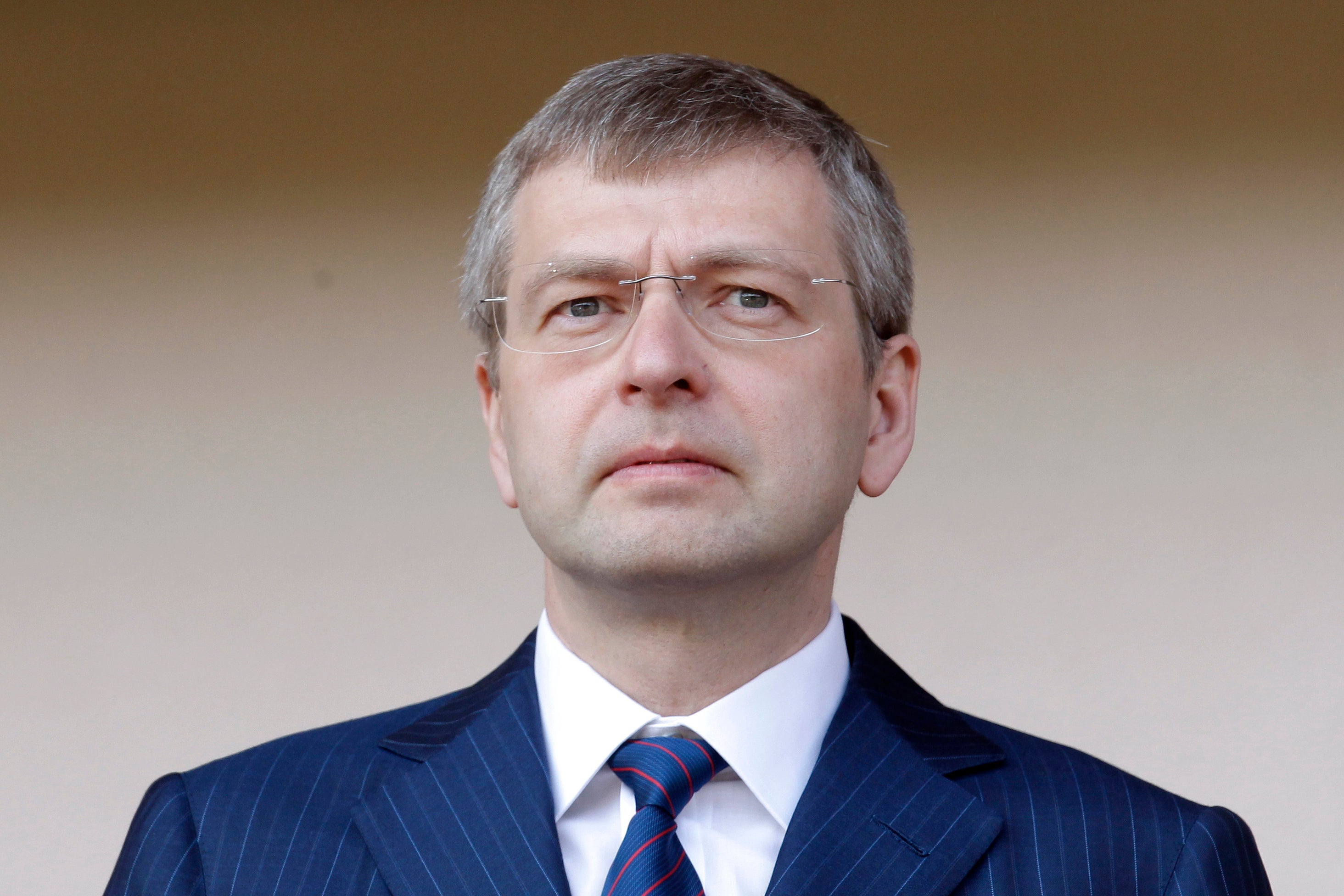Russian billionaire loses art fraud suit against Sotheby's over $160 million
Russian billionaire art collector Dmitry Rybolovlev lost a legal fight with Sotheby’s when a U.S. jury sided with the auction house

A Russian billionaire art collector lost a legal fight with Sotheby’s on Tuesday, when a U.S. jury sided with the auction house in a lawsuit over claims that the businessman was ripped off while assembling a trove of works that included a famous painting known as “the lost Leonardo.”
A New York federal jury deliberated for a few hours before reaching a decision in Dmitry Rybolovlev's case against Sotheby's, The New York Times reported. The fertilizer titan alleged that the auction house helped a Swiss art dealer cheat him out of over $160 million by quietly imposing huge markups on works that he acquired. Tearing up when he testified earlier this month, he said he'd not only lost money but trust.
Sotheby's maintained it knew nothing of any misconduct and said it had followed all legal, financial and industry standards. It cast the decision Tuesday as a mark of total vindication.
“Today’s ruling reaffirms Sotheby’s long-standing commitment to upholding the highest standards of integrity, ethics and professionalism in all aspects of the art market," the auction house said in a statement after the verdict.
However, Rybolovlev lawyer Daniel Kornstein said that “secrecy made it difficult to prove a complex aiding and abetting fraud case.”
“This case achieved our goal of shining a light on the lack of transparency that plagues the art market,” the attorney said, calling for reforms that “must be made outside the courtroom.”
Rybolovlev, 57, spent $2 billion from 2002 to 2014 to build a prime art collection featuring works by such giants as Picasso, Rodin, Modigliani, Klimt, Magritte and Leonardo da Vinci. For help finding and acquiring art, he turned to Swiss broker Yves Bouvier.
The collector testified that he trusted Bouvier “like family,” even inviting him to small birthday parties — before coming to believe that the art dealer was cheating him. He alleged that Bouvier hugely padded the prices that Rybolovlev was paying and pocketing the difference, along with his agreed-upon 2% commission.
Bouvier and Rybolovlev settled in December for undisclosed terms, according to Bouvier's lawyers. They said this month that he “strongly objects to any allegation of fraud."
In private transactions, Sotheby’s sold Bouvier some works that he then resold to Rybolovlev. The billionaire's lawyers argued that the auction house either knew — or should have known — that Rybolovlev was getting cheated and notified him.
“So it’s not an issue of money. Well, not only of money," Rybolovlev said, through a court interpreter on the witness stand. "It’s important for the art market to be more transparent. Because ... when the largest company in this industry is involved in actions of this sort, you know, clients don’t stand a chance.”
Sotheby’s lawyer Sara Shudofsky argued that the businessman was “trying to make an innocent party pay for what somebody else did to him.” She said that Rybolovlev didn't ask enough questions of Bouvier or take enough steps to guard against being conned.
Rybolovlev accused Bouvier of fraud involving 38 artworks. Only four were at issue in the trial, including da Vinci’s “Salvator Mundi, ” a portrait of Jesus Christ. Its whereabouts were unknown for centuries.
Rybolovlev’s lawyers said Bouvier bought it from Sotheby’s for $83 million, then sold it on to the billionaire a day later for over $127 million.
In 2017, Rybolovlev sold it through Christie’s for a historic $450 million and it became the most expensive painting ever sold at auction.